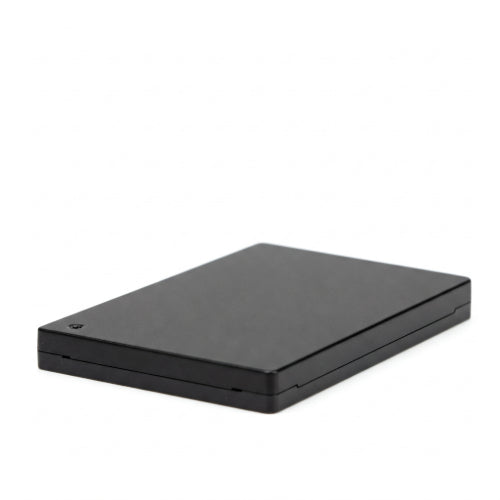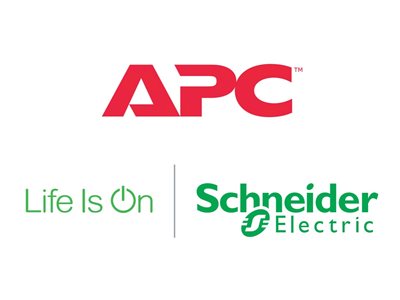The Speed Revolution: Why SSDs Leave HDDs in the Dust for Faster Computing
For years, the rhythmic whirring and subtle vibrations of a hard disk drive (HDD) were the background music of our computing experience. They diligently stored our precious data, but as technology advanced and our demands for speed grew, a new contender emerged: the Solid State Drive (SSD).
If you're still relying on an HDD in your primary computer, you're likely missing out on a significant performance upgrade. The difference between an HDD and an SSD isn't just incremental; it's a fundamental shift in how your computer accesses and processes information. Let's dive into why SSDs are undeniably superior for faster computing.
The Fundamental Difference: Mechanical vs. Electronic
The core distinction lies in their underlying technology:
- Hard Disk Drives (HDDs): These are electromechanical devices with spinning platters and a read/write head that physically moves across the surface to access data. Think of it like a record player – the head has to physically locate the specific track to play it.
- Solid State Drives (SSDs): These use flash memory to store data electronically. There are no moving parts involved. Data is accessed almost instantaneously, like accessing information on a USB drive.
This fundamental difference in how they operate is the root cause of the dramatic speed advantage of SSDs.
The Speed Factor: A Night and Day Difference
Here's where SSDs truly shine:
- Boot Times: Remember those agonizingly long minutes waiting for your computer to boot up? With an SSD, boot times are often reduced to mere seconds. The operating system and essential startup files load almost instantly.
- Application Loading: Launching applications, from your web browser to demanding software like video editors, becomes significantly faster with an SSD. The near-instantaneous data access means programs open and become responsive in the blink of an eye.
- File Transfer Speeds: Copying and moving large files, whether it's photos, videos, or documents, is dramatically quicker on an SSD. This saves you valuable time and makes file management a much smoother process.
- Overall Responsiveness: The entire computing experience feels snappier and more responsive with an SSD. Multitasking becomes smoother, switching between applications is faster, and even simple tasks like opening folders feel more immediate.
Beyond Speed: Other Advantages of SSDs
While speed is the primary draw, SSDs offer other compelling benefits:
- Durability: With no moving parts, SSDs are far more resistant to physical shock and vibrations. This makes them ideal for laptops and devices that are frequently moved around, reducing the risk of data loss due to accidental drops or bumps.
- Silence: The absence of spinning platters and moving heads means SSDs operate silently. Say goodbye to the whirring and clicking noises that can be distracting with HDDs.
- Energy Efficiency: SSDs generally consume less power than HDDs, which can lead to longer battery life in laptops and lower energy bills for desktops.
- Smaller and Lighter Form Factors: Due to their internal design, SSDs can be manufactured in smaller and lighter form factors, contributing to the sleek and portable designs of modern laptops and tablets.
Are There Any Downsides to SSDs?
Historically, SSDs were more expensive per gigabyte than HDDs. While this price difference has narrowed significantly over time, larger capacity SSDs can still be pricier than comparable HDDs. However, the performance benefits often outweigh the cost difference for most users.
Another point to consider is the write endurance of SSDs. While modern SSDs are designed to last for many years under normal usage, they do have a finite number of write cycles. However, for typical consumer use, this is rarely a concern.
The Verdict: Embrace the Speed Revolution
For anyone looking to significantly improve the speed and responsiveness of their computer, upgrading to an SSD is one of the most impactful upgrades you can make. The days of sluggish boot times and waiting endlessly for applications to load are over.
Whether you're a casual user, a student, a gamer, or a creative professional, the benefits of an SSD translate to a more efficient, enjoyable, and productive computing experience. While HDDs still have their place for mass storage due to their lower cost per gigabyte, for your primary operating system drive and frequently used applications, an SSD is no longer a luxury – it's a necessity for faster computing in the modern age.
So, if you're still stuck in the slow lane of HDD technology, it's time to embrace the speed revolution and experience the transformative power of an SSD. You'll wonder how you ever lived without it.







